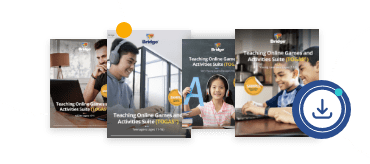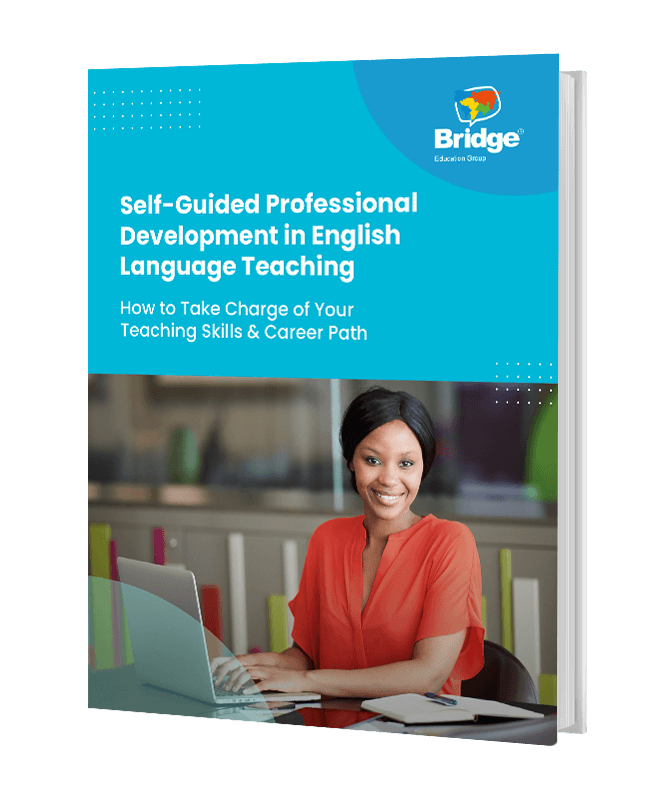From harnessing the power of AI in teaching to teacher entrepreneurship to novel materials and teaching methodologies, Panama TESOL sparked a wave of innovation at the fourth Panama TESOL Convention, held from September 23rd to 28th, 2024.
The online and in-person event, “Innovations in Language Teaching: A Bridge to Empowerment,” served as a hub of fresh ideas and inspiration, aiming to transform the English classroom and empower educators worldwide. Various ELT experts shared their insights, tips, and resources on topics such as using innovative digital tools, online teaching best practices, and recommended approaches to language teaching.
Zuleika Zulema Zapateiro, First Vice President of Panama TESOL, explained that this year’s theme was chosen to serve as “a bridge connecting speakers with participants, offering a day of valuable sessions and networking for the teaching community.” She added that while all the sessions captured the attendees’ interest, those focused on technology attracted the largest audiences.
Zapateiro shared that for the past three years, Panama TESOL conventions have taken place virtually for four days, followed by one in-person day.
“I think participants liked this format because it allowed participants from different provinces and countries to participate,” she said. “It was a challenge moving from the city to the province, logistics, helping hands, etc., but we accomplished the goal.”
Read about the ways technology is revolutionizing English language teaching.
Groundbreaking strategies for incorporating AI and multimedia into the ESL classroom
Many sessions at the convention introduced fresh perspectives on integrating technology and mixed resources into the English classroom, highlighting various ways AI-driven tools can enhance student learning outcomes and boost classroom participation.
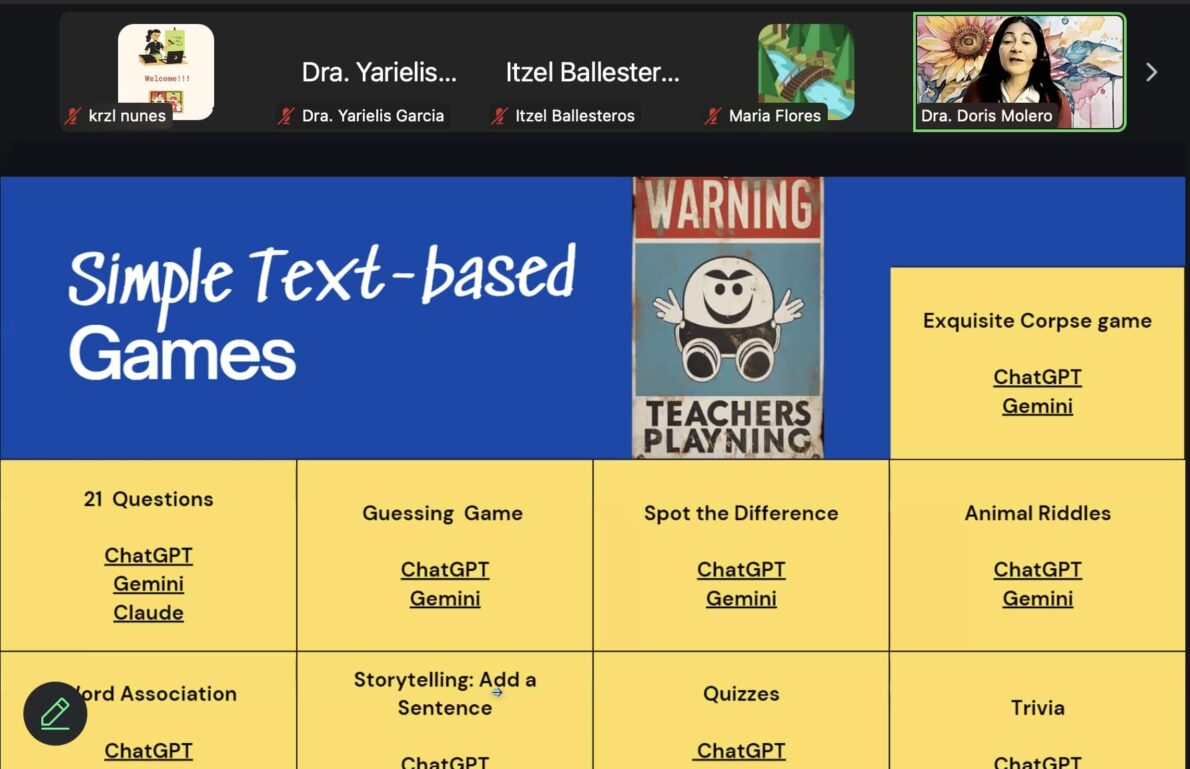
During her session, Roleplaying with AI: A Game-Based Approach to Language Learning, university professor and instructional technology specialist Dr. Doris Molero talked about how English teachers can interact or “role-play” with AI for language practice, as well as hyper-personalize English teaching with AI. After asking about the audience’s experience with using AI, Molero shared how teachers can evaluate the effectiveness of role-playing with AI for catering to students’ goals and needs.
She then outlined several ways to role-play with AI, including interactive storytelling, skills development, and interactive gaming. She also gave examples of simple text-based games that English teachers can develop with the help of AI-run apps like ChatGPT and how to use various types of prompts for generating text-based games on the ChatGPT platform.
“Learning a language is like opening a door to a whole new world. AI role-play can be the key that unlocks the door,” Molero pointed out during the workshop.
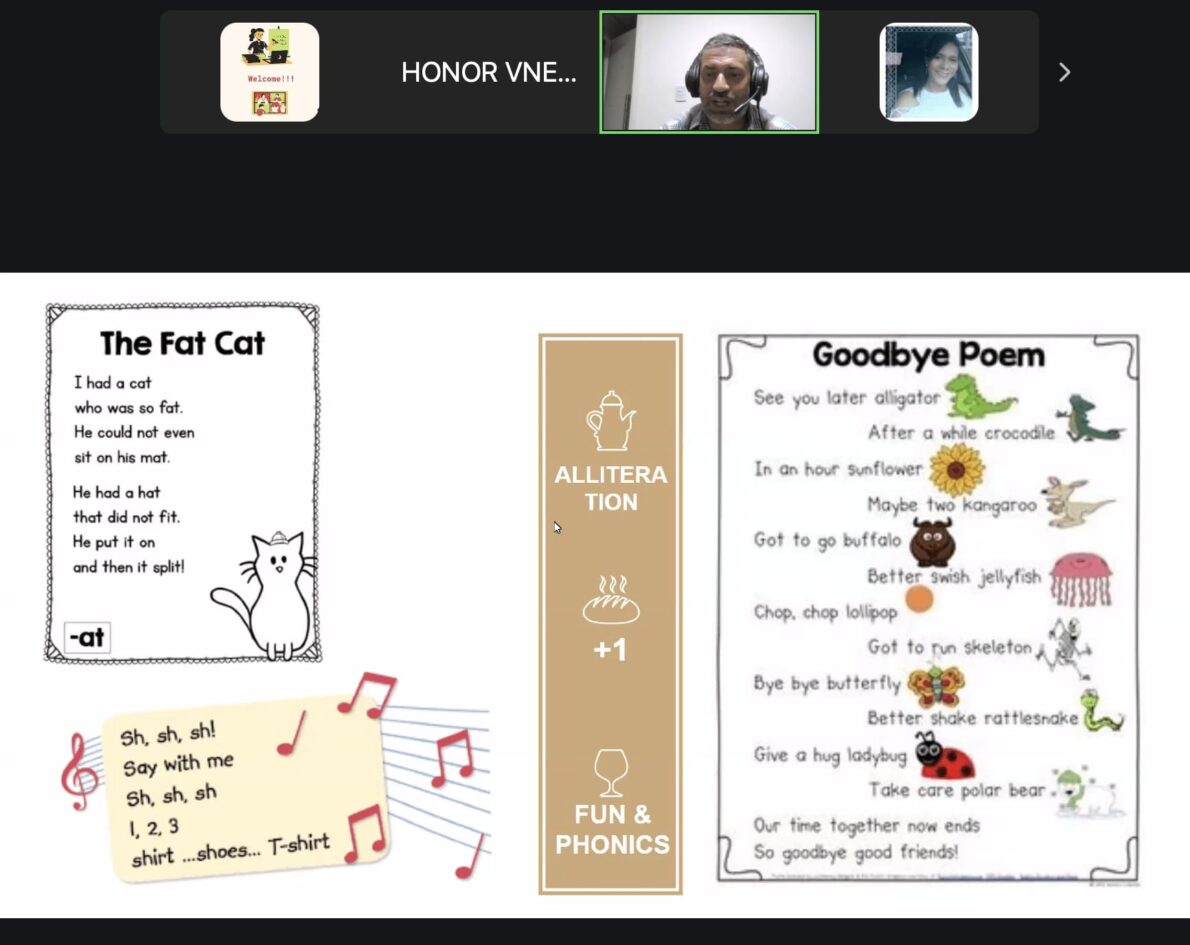
In another workshop called Enlivening Literature: Best Practices in ELT Education, Argentinian university professor Gonzalo Diaz detailed the advantages and ways to embed a variety of literature-based materials, such as ESL songs, cartoons, poems, chants, and novels, to help students improve different English skills and make English learning more engaging.
He gave the example of using chants to teach language, a technique that English teachers can use to practice ESL pronunciation while also introducing simple vocabulary. He also encouraged teachers to continuously explore various types of materials, literary works, and even tech tools they can adapt to the English classroom, as he asserted, “Just be curious and take the plunge.”
Learn more about using AI tools for English language proficiency, leveling, and progress monitoring.
Map out your unique career path with the free guide to
Self-Guided Professional Development in ELT
downloadBridge’s participation at the Panama TESOL Convention
In addition to sponsoring the Panama TESOL Convention this year, Bridge took part in the event by providing ELT educators with strategies for charting their professional growth. Bridge International Program Advisor Krzl Nuñes tackled how English teachers can embrace lifelong learning and pursue professional development in ELT.
In her talk, she first delved into how teachers can benefit from continuously learning and building teaching skills. She also shared how English teachers can pursue professional development, from getting Specialized TEFL/TESOL training to connecting with communities of practice.
“Teachers must fully embrace a lifelong learning mindset to stay relevant in the 21st century,” Nuñes emphasized during her talk.
Read more about how to get the most out of professional development.
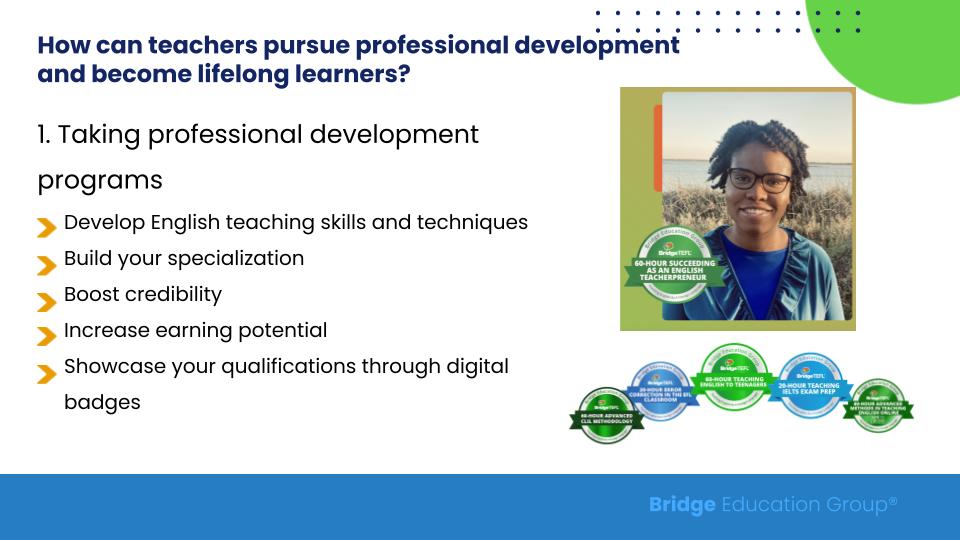
Meanwhile, Bridge Director of Teacher Training Products Anna Hearrell presented on teacherpreneurship, which focused on how English teachers can chart their path towards becoming independent or launching their own online English teaching businesses.
In her talk, Hearrell reviewed the perks of becoming a teacherpreneur and developing an entrepreneurial mindset, which she pointed out as an essential factor in growing a successful English teaching venture. She also gave tips on how aspiring independent English teachers can set themselves up for success through strategies like choosing their niche and designing their product offerings.
Overall, this year’s Panama TESOL Convention brought the English teaching community together and empowered educators with cutting-edge insights. By spotlighting the latest technological advancements and pedagogical innovations, the event served as a vital platform for ELT professionals to exchange knowledge, share expertise, and inspire one another – driving the future of English language teaching forward with renewed energy and collaboration.
